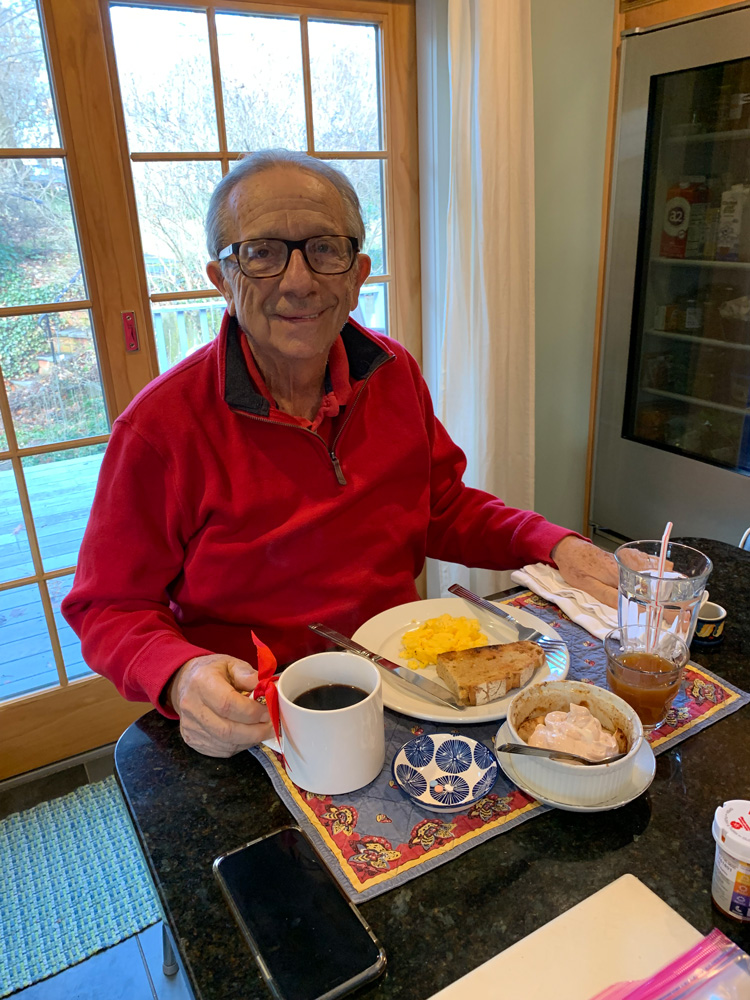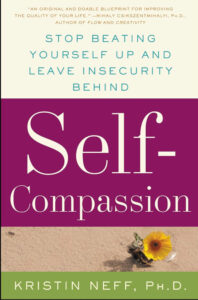You can let your past dictate your story or you can pull from it to create something new. Resilience is the process of adapting in the fact of adversity, trauma, or tragedy, having the ability to step and say “yes” even when you’re under stress. My life has required me to be resilient, and I carry what I learned in my most traumatic moments with me in everything I do. We don’t choose what happens to us, we choose how we react to it. Today’s a new day; choose to be new in it.
– Tunde Oyeneyin, Speak: Find Your Voice, Trust Your Gut, and Get From Where You Are To Where You Want To Be.
My husband planned to retire at the end of 2022. He had symptoms of a stomach virus just before the holidays, but his symptoms worsened, as he became dehydrated. The day after Christmas, we took him to the ER, which was packed. Monday is typically a day crowded with people who wait until after the weekend to go to hospital; and it was the day after a major holiday. Hours later, after blood tests, X-rays and a CT-scan, we found out he had a rare, gallstone ileus, blocking his small intestine. When and how this enormous gallstone formed remains a mystery, but Bill was extremely lucky that it was discovered in time and surgically removed. He recovered and was discharged on New Year’s Eve.
I was carefully trying to manage his diet and medications and get him to all his follow-up doctors’ appointments. But I wasn’t recognizing that silent stress was taking a toll on me in my role as a caregiver.
As part of my “looking under the hood,” and understanding how my body metabolizes foods, I had been wearing a Dexcom G6 continuous glucose monitor since October. Suddenly, my morning fasting glucose readings were soaring into a diabetic range – in the 120s. What was going on here?
At the time, I was attending a masterclass with The Fasting Method, so in a Q&A session, I asked the coach, Megan Ramos, about my situation. She said, “You can give yourself diabetes from stress.” She made a few suggestions: incorporate meditation, breathing exercises, and try switching from my fasting-eating pattern to a different schedule for a few days.
As my husband’s strength and health improved, and as I meditated and changed my eating protocol, I saw those glucose readings return to an optimal range again, and I was able to resume a TRE (time restricted eating) schedule. I was so focused on my husband’s recovery, and because I was also struggling with my fears about his health, I had a hard time making my own needs a priority.
One of the lessons I learned was that in times of stress, adversity, and trauma, we need to treat ourselves with self-compassion. Focusing on our own needs is not selfish; and, in fact, it’s necessary to take care of ourselves before we can effectively take care of others.
In her book, Self-Compassion, Kristin Neff describes the three core components of self-compassion. “The beauty of using self-compassion as a tool for dealing with difficult emotions is that it has three distinct doorways in,” she writes. “Whenever you notice you are in pain, you have three potential courses of action.”
- We can give ourselves self-kindness, being gentle with ourselves, rather than being critical and judgmental.
- We can remind ourselves that encountering pain is part of a shared human experience. This requires recognition of our common humanity, feeling connected with others in the experiences of life, and not isolating ourselves with our suffering.
- We can hold our thoughts and emotions in mindfulness, holding our experiences in balanced awareness.
There is much more to the science of self-compassion and inner resilience, and we can obtain many insights listening to Dr. Maya Shankar’s interview with Kristin Neff on her podcast A Slight Change of Plans, “The Science of Self-Compassion.”
Think about some of the challenges you have faced. Most of us have experienced stress, adversity and traumatic events at some point in our lives. What can you learn from your story? What can you create from it that is new? Every day is a new day, and we adapt as we need to. Our bodies have an intelligence of their own, and we are a lot more resilient than we realize.
❤ Susan L. Ward
Integrative Nutrition Health Coach


